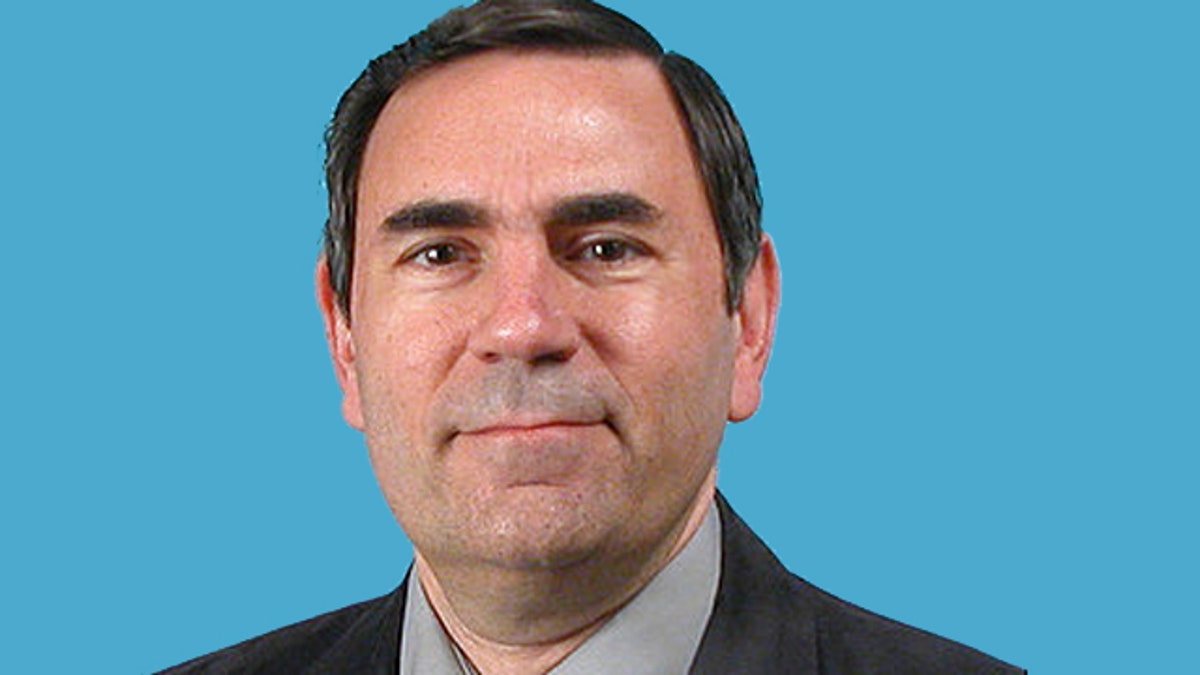
Thomas Karl, the newly appointed head of the National Climatic Data Center. (NOAA)
The scientist who has been put in charge of the Commerce Department's new climate change office is coming under attack from both sides of the global warming debate over his handling of what they say is contradictory scientific data related to the subject.
Thomas Karl, 58, was appointed to oversee the National Oceanic and Atmospheric Administration's (NOAA) National Climatic Data Center, an ambitious new office that will collect climate change data and disseminate it to businesses and communities.
According to Commerce Secretary Gary Locke, the office will "help tackle head-on the challenges of mitigating and adapting to climate change. In the process, we'll discover new technologies, build new businesses and create new jobs."
Karl, who has played a pivotal role in key climate decisions over the past decade, has kept a low profile as director of National Climatic Data Center (NCDC) since 1998, and he has led all of the NOAA climate services since 2009. His name surfaced numerous times in leaked "climate-gate" e-mails from the University of East Anglia, but there was little in the e-mails that tied him to playing politics with climate data. Mostly, the e-mails show he was in the center of the politics of climate change decisions
According to a school biography published by Northern Illinois University, Karl shared the Nobel Peace Prize with Al Gore and other leading scientists based on his work at the UN's Intergovernmental Panel on Climate Change (IPCC), and he was "one of the 10 most influential researchers of the 1990s who have formed or changed the course of research in a given area."
His appointment was hailed by both the Sierra Club and Duke Energy Company of North Carolina. Sierra Club President Carl Pope said, "As polluters and their allies continue to try to muddy the waters around climate science, the Climate Service will provide easy, direct access to the valuable scientific research undertaken by government scientists and others." And Duke Energy CEO Jin Rogers said the new office, under Karl, will "spark the consensus we need to move forward."
But Roger Pielke Sr., a climatologist affiliated with the University of Colorado who has crossed horns with Karl in the past, says his appointment was a mistake. He accused Karl of suppressing data he submitted for the IPCC's most recent report on climate change and having a very narrow view of its causes.
The IPCC is charged with reviewing scientific data on climate change and providing policy makers and others with an assessment of current knowledge.
Pielke said he agrees that global warming is happening and that man plays a significant role in it, but he said there are many factors in addition to the release of carbon into the atmosphere that need to be studied to fully understand the phenomenon. He said he resigned from the IPCC in August 2005 because his data, and the work of numerous other scientists, were not included in its most recent report.
In his resignation letter, Pielke wrote that he had completed the assessment of current knowledge for his chapter of the report, when Karl abruptly took control of the final draft. He said the chapter he had nearly completed was then rewritten with a too-narrow focus.
One of the key areas of dispute, he said, was in describing "recent regional trends in surface and tropospheric temperatures," and the impact of land use on temperatures. It is the interpretation of this data on which the intellectual basis of the idea of global warming hangs.
In an interview, Pielke reiterated that Karl "has actively opposed views different from his own." And on his Web site last week, he said Karl's appointment "assures that policy makers will continue to receive an inappropriately narrow view of our actual knowledge with respect to climate science."
He said the people who run the agencies in charge of climate monitoring are too narrowly focused, and he worries that the creation of the new office "would give the same small group of people the chance to speak on the issue and exclude others" whose views might diverge from theirs.
Responding to the criticism, Karl told the Washington Post, "the literature doesn't show [Pielke's] ideas about the importance of land use are correct."
Calls to The Commerce Department and to Karl's office went unanswered.
The IPCC in recent weeks has come under severe criticism after e-mails, hacked from a prestigious climate center, revealed some of the political infighting that occurred as its assessments were being put together and called into question its impartiality.
Climate change skeptics, meanwhile, say Karl's appointment was unnecessary and pulls scarce resources from more pressing needs.
"The unconstitutional global warming office and its new Web site climate.gov would be charged with propagandizing Americans with eco-alarmism," wrote Alex Newman of the Liberty Sentinel of Gainesville, Fla.
On the popular skeptic site "Watts Up With That," Anthony Watts called the climate.gov site a "waste of more taxpayer money" and charged that it is nothing more than a "fast track press release service." He wrote that putting Karl in charge was an issue, because he had fabricated photos of "floods that didn't happen" in an earlier NOAA report.








































